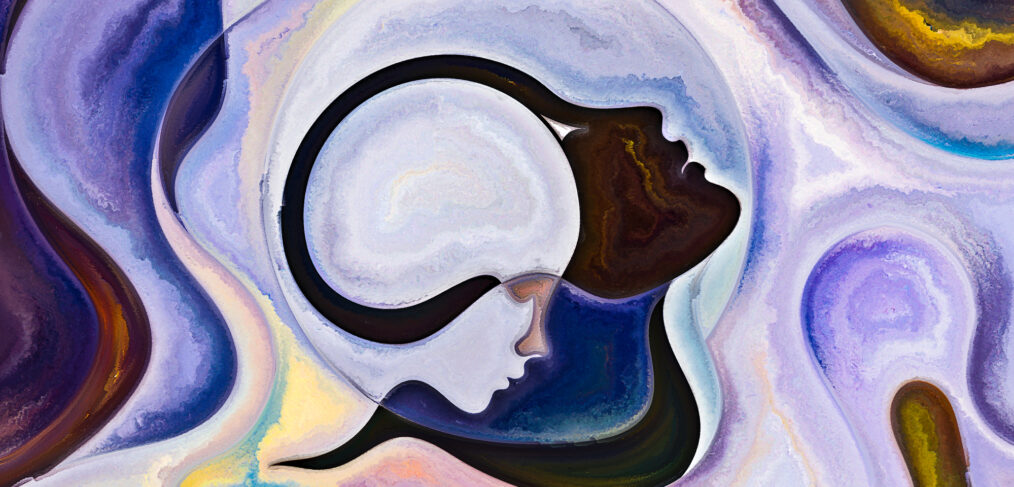When we swat a mosquito, we don’t necessarily have any hostility toward it or its actions; we are indifferent. We are merely getting rid of an annoyance. That may be our attitude toward a great many things in the world—we don’t give them much thought, and we don’t care that much, if at all. For us to care about something, it must have some kind of emotional connection to us. We must have a reason for feeling something, positive or negative, about it and how we interact with it. Sometimes our indifference is affected for a purpose, sometimes it is genuine. Sometimes indifference is intentional, while sometimes it is due to a lack of awareness. Sometimes we are aware, but there is no emotional connection—there is no common frame of reference that would make us care. We can know something or someone well but still be indifferent due to how little they are involved in our lives. And, in the same way that we should be aware of why we have strong emotions about something, we should be aware of when and why we don’t.
Each of us has a constant stream of emotions, but how many of us are aware of that stream and fully understand where our emotions come from and how they affect our lives?
It’s easier for more extreme emotions. We might get excited and happy before we’re about to travel. This kind of emotion bubbles up inside us, and our awareness of it is unavoidable. The same can be said for extremely negative emotions, for example when we suffer the loss of a loved one. In these times, we would do anything to escape the pain we are feeling. It overwhelms us, and we aren’t able to think about anything else. Our full awareness is caught up in our painful emotional stream. But what about times when we don’t feel overwhelming emotions? What about our day-to-day emotional context and how it affects our outlook and actions? It is possible to be fully aware of these emotions too. It’s not only possible; it’s a necessary step in living our lives to the fullest. Our emotional context is a driver for every decision we make, every word we speak, and every action we take. If we can become fully aware of this layer of our psyche, we can live our lives more intentionally and purposefully, and if we can take the next step and develop insights into our emotional stream—if we can see how our emotions are likely to evolve—we can live with a keen sense of identity and direction.
It’s so hard to be nice these days.
And why would I want to be? People seem to be looking out for only themselves, and they’re nasty about it. Common courtesy seems to be rapidly disappearing from our interactions, and disagreements seem to quickly devolve into personal attacks. It’s us and them, and there can be no civility if we happen to be on the wrong side.
How can we be friendly in such an environment—and why would we want to be? The answer is both simple and complicated. We can always be friendly. If you’re a friendly person, you can (and should) continue to be friendly, even when it seems the world’s just not a friendly place. If you’re not a friendly person, you should try it out: It’s a pleasant way to live your life.
Maybe the harder question is why would you want to be friendly? Why would I want to be friendly to a group of people whose worldview is off kilter and who are so unfriendly to me? The answer to this one is a bit more complicated, but ultimately, the answer is because that is the only way we (society) will move beyond the divisiveness and begin to act civilized again. It’s the only way to turn the corner.
When I hear people talk about their values, I notice that they use a wide variety of words. Honesty, hard work, loyalty, and open-mindedness are all values that people I know strive for. But one value seems to always rise to the top: integrity. It’s a value that is unassailable yet losing ground in modern society. Ironically, some still uphold integrity as a core value while acting against it in all their words and deeds. A lack of integrity is not only accepted but also sought after and celebrated—from behind a veil of denial. I thought it would be interesting to dive in and deconstruct the word, the value, and the way it’s expressed. Before researching the word, I thought about what it means to me. In my mind, it suggests a quality of “honesty plus”—honesty at one’s core.
New people are easy. You meet them, you chat, you get to know each other—there’s no long-term baggage or expectations. There’s also no lingering bad blood or long-term irritants. It’s a fresh canvas and you’re both painting. But as time goes on, you develop a history. Much of that history is likely very good—you wouldn’t stay connected so long if it wasn’t. You may have periods where you don’t see each other that much, but when you do get back together it seems that no time has passed. You pick up right where you left off. You have a true and solid connection with each other, and it’s part of who you are. But there are also elements of the relationship that aren’t ideal. It may be a personality quirk that irritates you (and irritates you more over time). It may be a certain belief or opinion they have that doesn’t jibe with your worldview, and they have to bring it up. It may be some incident in your past that’s hard for you to let go. The relationship is not all wine and roses, but ultimately, no relationship is.





